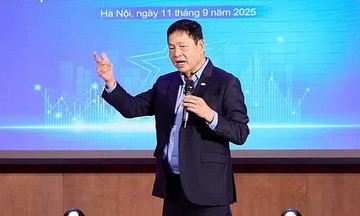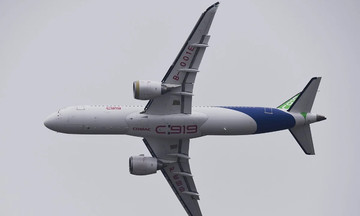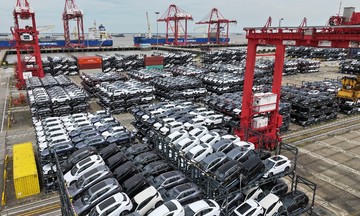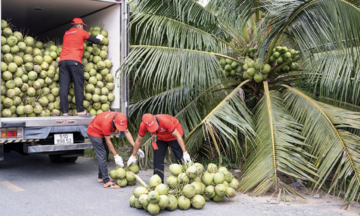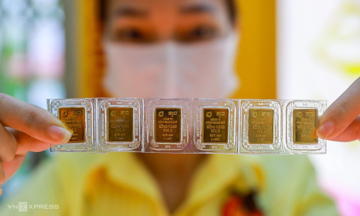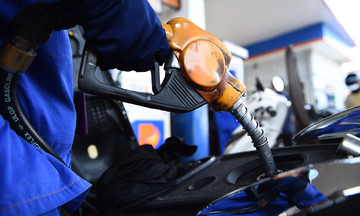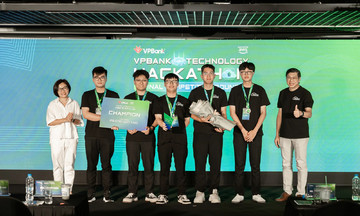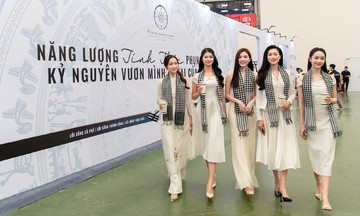This information was presented by Vu Minh Ly, deputy director of the Media Center at the Ministry of Agriculture and Rural Development, at a workshop on "Innovation to Reduce Plastic Waste Pollution in the Ocean" organized by UNDP, the Norwegian Embassy, and Vietnam Administration of Seas and Islands on 11/9.
These findings come from a survey on changing awareness, behavior, and practices regarding plastic pollution from 2020-2025 in five provinces and cities, involving residents, logistics companies, and e-commerce platforms. The research team conducted 3,151 online and in-person surveys, 45 in-depth interviews, and six focus group discussions.
The survey revealed that the use of single-use plastics in e-commerce has increased from 44% in 2020 to 68% in 2025. The most common items are plastic bags, bubble wrap, and plastic bottles. E-commerce is also a source of unnecessary plastic packaging, with 71% of surveyed users reporting that online orders often come with excessive plastic packaging.
Around 68% of consumers accept packages that are tightly wrapped in multiple layers of plastic, while only 24% actively request minimal packaging. Young people aged 15-24 have the highest rate of requesting minimal packaging at 32%, likely due to awareness from social media campaigns.
Ly believes there is a significant gap in communication, as only 15% of users are aware of "green packaging" programs offered by e-commerce platforms. "The rate of single-use plastic on e-commerce platforms could increase to 75% by 2030 without timely intervention," he warned.
 |
Vu Minh Ly, deputy director of the Media Center at the Ministry of Agriculture and Rural Development. Photo: Gia Chinh |
Vu Minh Ly, deputy director of the Media Center at the Ministry of Agriculture and Rural Development. Photo: Gia Chinh
Ly also suggested that while e-commerce and logistics are the main drivers of single-use plastics, they also present an opportunity to implement sustainable solutions. This can be achieved by collaborating with recyclers, using deposit-refund schemes, and implementing extended producer responsibility.
According to Francesca Nardini, UNDP deputy resident representative, innovation is a key solution to reduce plastic generation and pollution. In the past five years, 350 innovative solutions have been implemented in ASEAN. Many projects have received incubation funding of 18,000 USD each, with commitments of 700,000 USD from other investors.
Vietnam generates 2.9-3.7 million tons of plastic waste annually, resulting in economic losses of 2.2-2.9 billion USD due to missed recycling opportunities. Uncollected plastic waste flows into the ocean, exacerbating pollution levels.
Gia Chinh



